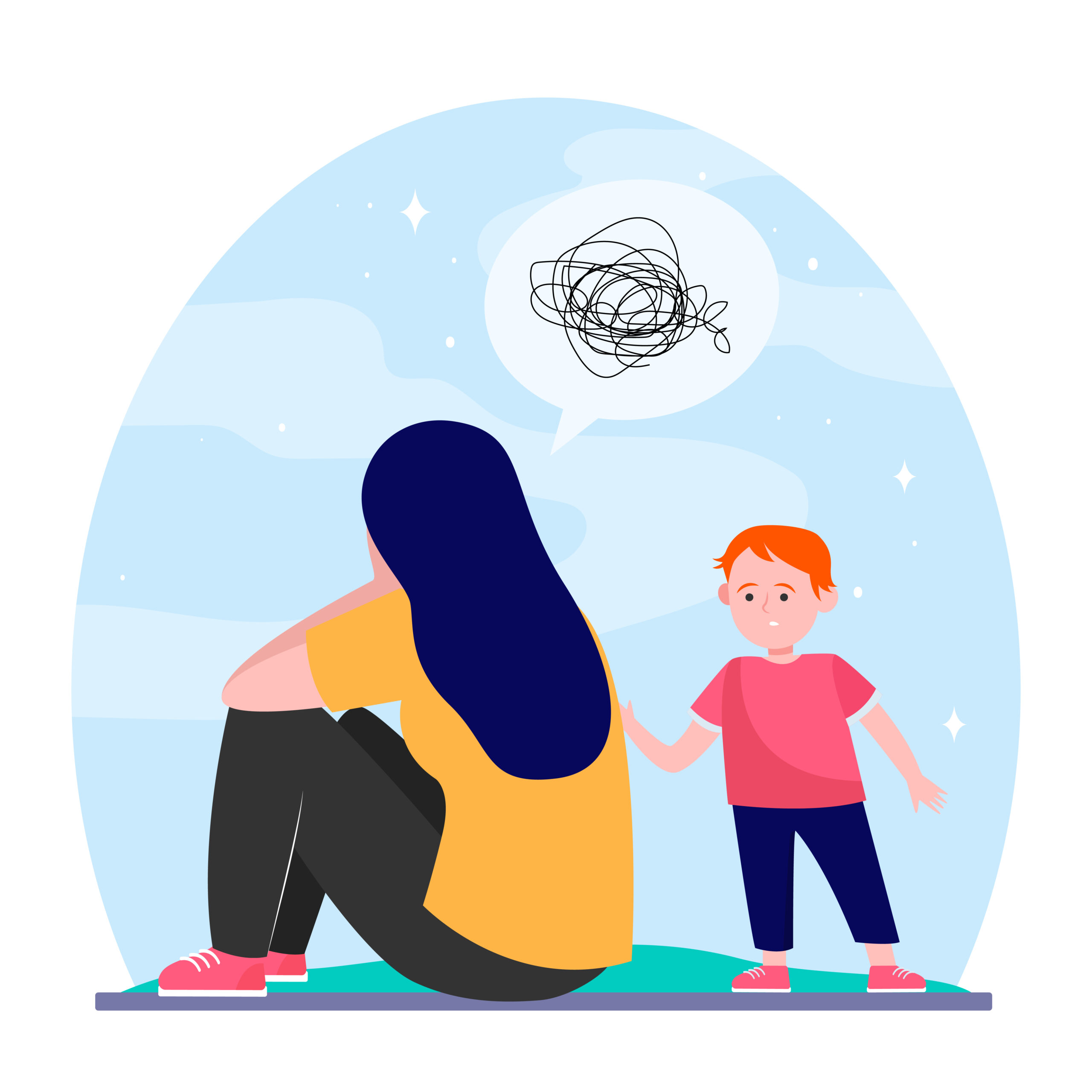Our relationships significantly impact our mental and feeling states, and our different feeling states significantly affect our relationships we establish with people in our life.
Any relationship is all rainbows and roses in the beginning phase, also called the honeymoon period. Two persons who newly connect with each other are finding more and more similarities, matching their opinions over different things and wanting to get to know each other other better. You would usually see them smiling, feeling good about themselves, expressing their feelings and being supportive. But as time goes by, the two individuals start experiencing fights, conflicts, distances, silences, lack of clarity, miscommunication, and so on. On individual level, they maybe cranky, feeling low on energy and become distant, getting into conflicts with others around them too.
Why does that happen?
There are two individuals in any relationship often find themselves fighting due to different mental and feeling states at different times. In fact, so often we even forget what situation we’re fighting on, and start attacking on each others’ ways and habits! This further confirms our tendency to despise the different viewpoints people have and the need to see our viewpoint prevail over other’s, to validate our knowledge model of the world.
However, Fights don’t mean that people are incompatible. In fact fights in a relationship bring forth what two individuals in any relationship value, to work out situations in a way that works for both!
How to resolve the conflicts?
1. Question the situation, not the connection
In stressful times, what mistake we make is that rather than dealing with the situation, we start questioning the relationship. This definitely is one serious thing that goes wrong with our relationships these days. We talk about wanting healthy relationships in our lives, but we aren’t ready to look beyond ourselves and our own efforts, thus feeling entitled and blaming others when anything goes wrong.
We judge people so quickly on the basis of them not making things happen our way. We take everything so personally, that we become ready to face the wreckage of the relationship just to be right in that situation, and even go on to attack others personally too.
When we question the situation instead, not only do we feel that we have to deal with it together, but realize each others’ value. Relationships are meant to be built, and that’s what conflicts have to be used for.
2. Joint Venture
We don’t give the other person the freedom to handle the situation at hand, because we don’t trust that it will work in our favor. We feel we that have to control other’s decision and choice of response, because we fear and assume that they would only think about themselves and not consider the relationship with you.
The truth is we anyway see the situation from our own point of view and respond as per the meaning we attach to the situation. Preserving ourselves comes first to us, and then later the relationships we value.
We are always quick to point out at the other and that’s how fights unsue or aggravate. Both people in a relationship are equally responsible for preserving the relationship, as well as creating conflicts too.
Relationship itself can be broken down into “relation” and “ship“, implying that the individuals work together on letting ship sail, go through storms and get to know each other better through them, exchanging their roles at different times when needed, and both of them wanting to sail together, wanting to preserve their ship. More importantly, relationship is based on the trust that both are equally invested in this joint venture.
3. Talk to each other, not about each other
In the beginning of a relationship, or friendship, we make such a rosy picture of someone in our head (in the honeymoon phase)– we are all giggles and full of admiration when getting to know someone. We love everything about the person, and create a pedestal that we hold them on. But as time passes, the situations we face together actually starts revealing more about who we are, who they really are, how both differently give meaning to events and when that happens, expectations and hearts get shattered, fights and even “breakups” happen because the other person seems to be changed or different.
We assume in our head a story based on our thoughts on a particular incident that irked us off. Not talking to each other, and rather telling that story to our close ones further confirms our assumptions. Moreover, when giving own meaning to what the other wanted to say, we may be looking at the present conflict through lens of past experiences.
All this makes communicating difficult, especially because both sides have their own perspectives and stories over a given conflict.
When we are feeling hurt about something, it’s more helpful if we talk to the partner that we are feeling hurt than assume and feel upset with own thoughts. When we discuss about the flawed thoughts or habits discovered in each other, and discuss why and where it’s coming from, we feel rather more connected and open to listening.
When faced with conflicts, what helps is that the two individuals sit together at the same side of a table talking about solving the issue at hand, rather than sitting across each other attacking and defending over the conflict with each other.
In fact, individuals grow even more closer when work together on anything, do something together or participate in recreational activities. Similarly, conflicts and difficult situations can do wonders for bringing individuals together contributing different points of view and facing challenges as a TEAM.
The only and most important key is to communicate with each other directly.
4. Don’t complain, Appreciate
Even further, the mistake we make in relationships is that we hold onto the concepts of love and friendship in our head about how the experience should be. Thanks to the movies, novels and so on.
Each person is unique, coming from different environments, having own set of experiences and ideas. Therefore we are naturally meant to experience a different definition of love and friendship as we interact.
There maybe a lot of habits we may not like in each other, and we discover with time areas where the other lacks or needs to work upon . When one complains, it affects the other person’s self esteem, making them defensive and start complaining bout other too. On the other hand, when we rather focus on what we appreciate in other, similarly, we can have a positive effect on the person’s self esteem, allowing them to open up to exploring and growing as a person.
5. Ask yourself: “What is more important?”
It is often seen that family members, friends and spouses may fight over plans that didn’t work out, for example, running late for a movie, or a party, or any grocery item forgotten when one is cooking a special meal.
We often forget, in those cases, what the intention originally was: to spend a good time together, to go out somewhere, to make the other feel special.
Most of the conflicts arise because both persons involved in a conflict require the other to acknowledge the good intention they have for each other and the relationship to move forward.
6. Build together what you both want.
In any relationship, both the individuals are constantly evolving in their personal lives, growing together as well as learning more about each other. Both individuals may even have different personality patterns, different needs and aspirations.
A relationship however is constantly built as both individuals explore what they need from each other and work together on how can they contribute to each other’s growth by being together.
Togetherness is created when we feel One with the other, when we accept others as they are, and we feel accepted for who we are… both equally human.















No Comments
Leave a comment Cancel